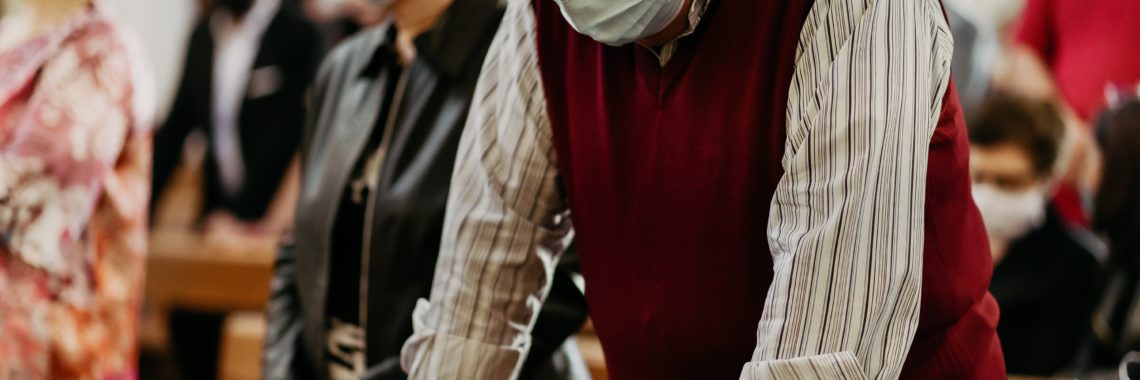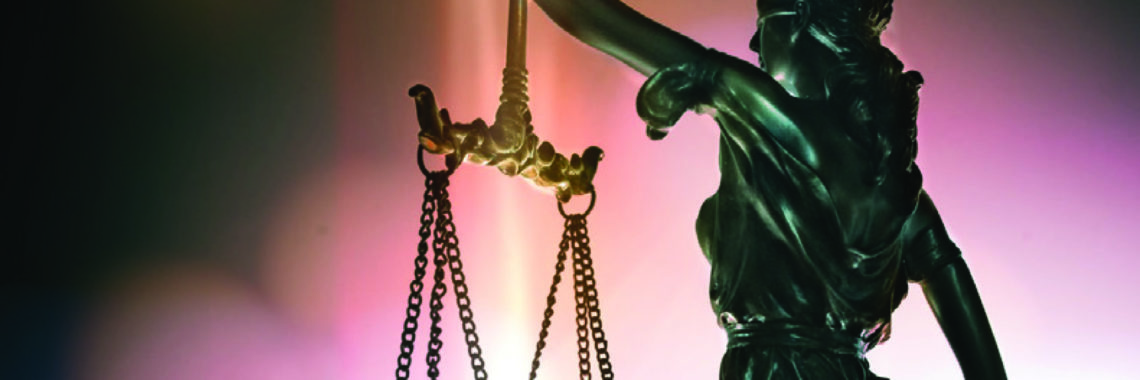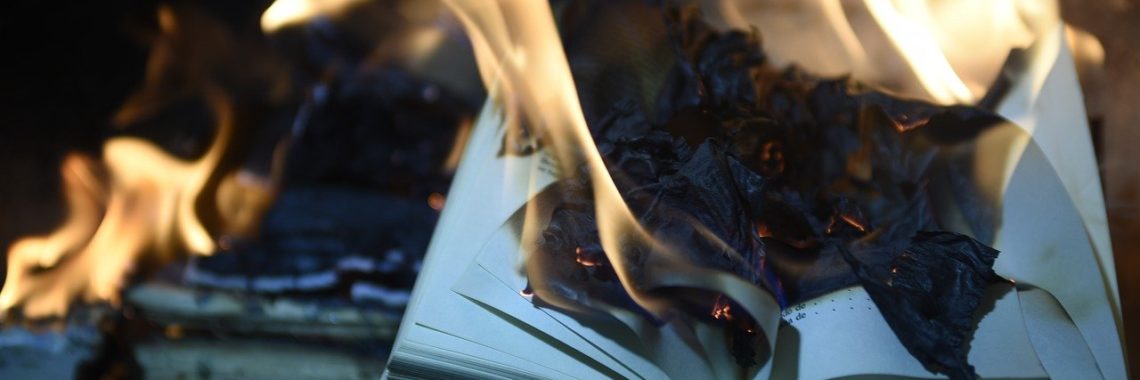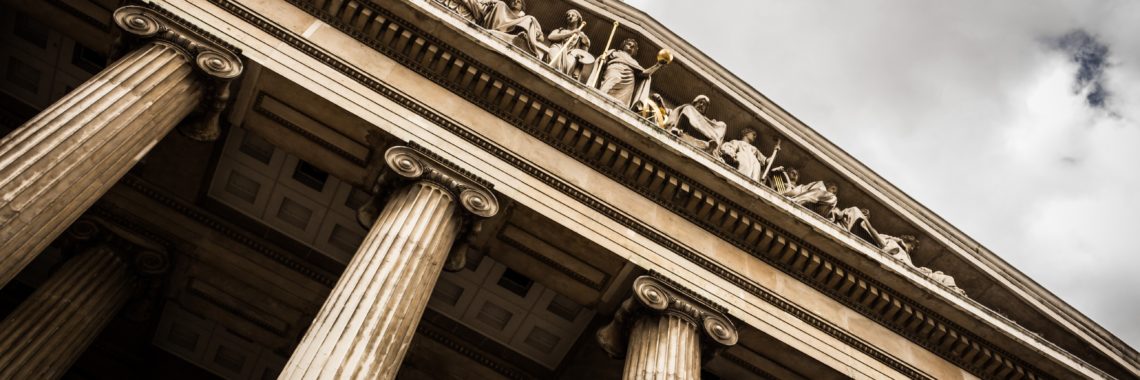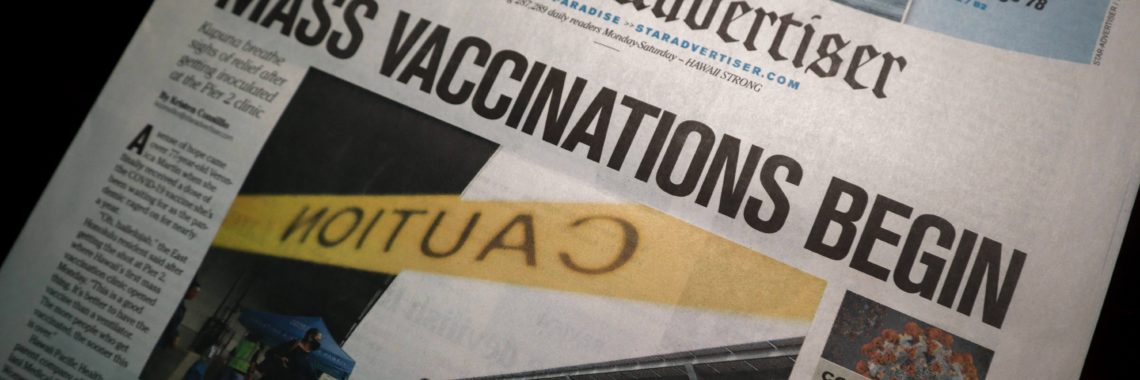“Religious Freedom in Pandemic Times in Europe: A Perspective After One Year” by Alejandro González-Varas
Photo by Gabriella Clare Marino on Unsplash. This article is part of our “Law and Religion Under Pressure: A One-Year Pandemic Retrospective” series.If you’d like to check out other articles in this series, click here. 1. Introduction Coronavirus began to spread across the world a year ago, peaking in most EU countries (as well as the…


